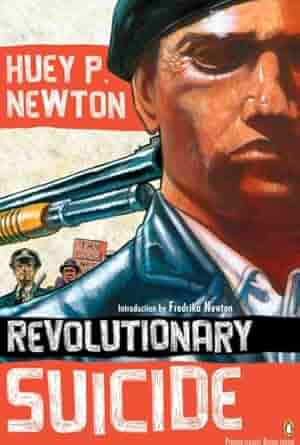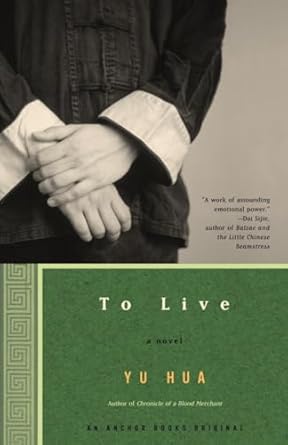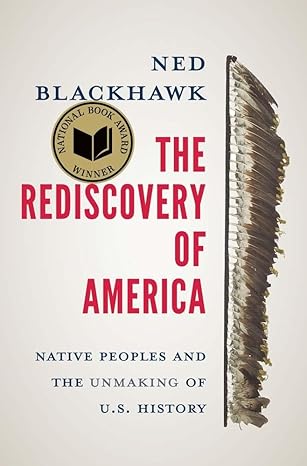Hello There!
I am PeripheralVisionary, a graduate researcher with a degree in physics and a degree in chemical engineering, and an incredibly loving Onii-chan looking for imoutos.
Hmm, besides anime, I like reading books.
Currently reading:





I also have a Goodreads if you want to friend me.
Comments